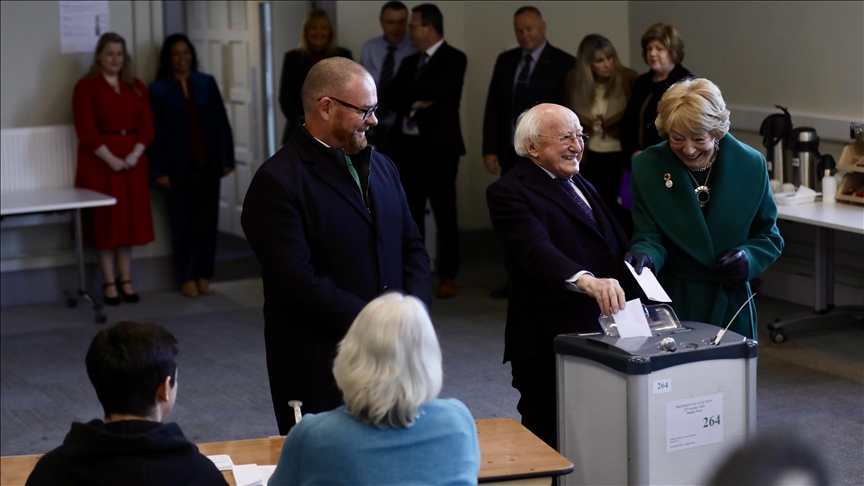Papandreou-Karamanlis
This statement does not mean that if Turkey does not sign the protocol by Oct. 3, 2005, it will not start negotiations. In other words, even if it does not sign, Turkey should start negotiations. There is no European Union institution that has the authority to change the summit decision. That is why the threatening letter sent by Greek Cypriot leader Tassos Papadopoulos to EU countries that said he would veto the negotiations, if Greek Cyprus was not recognized by Oct. 3 is not valid.
Turkey will negotiate the protocol with the European Commission and the final document will be signed by the term-president representing the European Council. In other words, the document that will not be negotiated with the Greek Cypriots, does not have to be approved by the 10 new members. This method does not allow the recognition of Greek Cypriots. Moreover, Turkey may also cite its reservations on the issue of recognition in the document.
The only thing Greek Cypriots can do is to fail to give the tern president the authority to sign the protocol, which will be negotiated between Turkey and the commission, in the name of the council. In that case, the adaptation may be implemented through an intermediary formula to be agreed with the commission without a protocol.
I would like to congratulate the government and the Foreign Ministry for this result. Just as the Greek Cypriot media criticizes, due to Papadopoulos’ mistaken policy, paragraph 19 was a defeat for Greek Cypriots.
At the commission meetings on the Oct. 6 progress reports, it was insinuated that Greek Cypriots will be able to use their veto power during the start and end of the negotiations on each of the 31 topics, instead of using it on Dec. 17. Greek Cypriots once again acted hastily and used their veto bluff too early. If they had vetoed the start of negotiations, Turkey, which would not become an EU member, would have totally ignored Cyprus.
This also showed how limited a weapon the veto power is. Greek Cypriots must have realized that their dream of being recognized cannot be forced upon Turkey.
If George Papandreou had been in government, the Annan plan, which actually favored Greek Cypriots, would have been approved by Greek Cyprus and the problems in the Aegean Sea would have been sent to the European Court of Justice in The Hague for a solution. Turkey could have concentrated on the membership negotiations, which is mainly a technical matter. Papandreou, as a statesman, had realized that he could extract the largest concessions from Turkey through agreements reached before the start of the negotiations and also realized that veto threats would yield nothing.
Costas Karamanlis did nothing to ensure Papadopoulos accept the Annan plan. He chose not to get involved, citing the “tragic” consequences of father Karamanlis forcing the Greek Cypriots accept the 1960 system. The talks that were continuing for three years to resolve the Aegean problem were also stopped. Just like Papadopoulos, Karanmanlis believed he could get much more than he would in The Hague through blackmailing Turkey with a veto.
The Dec. 17 summit showed that Turkey was ready to abandon the negotiations, if the Greek/Greek Cypriots persisted in their demands. Under such conditions, they will carry the responsibility of destabilizing Turkish-Greek relations.
Greek Cypriots will not be able to use their veto power before the start of technical negotiations at the end of 2006. As a result, we have close to two years, rather than until Oct. 3, 2005, to find a solution. There is no need to hurry. Let us not agree to start negotiations based on the Annan plan and then allow amendments made in it to result in something unacceptable. Greek Cypriots have to accept it as it is. The dangers of a solution without our membership are plain for all to see.
The government is learning to negotiate. If only it could understand that we were not to blame for the 2002 Copenhagen summit and the meeting in The Hague in 2003. Just looking at the documents is enough to prove it.


